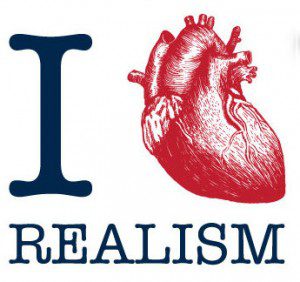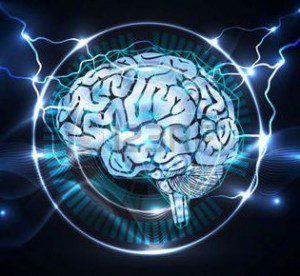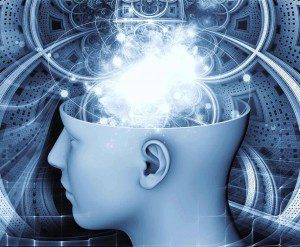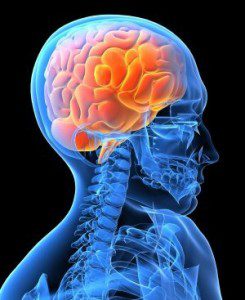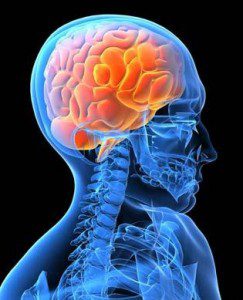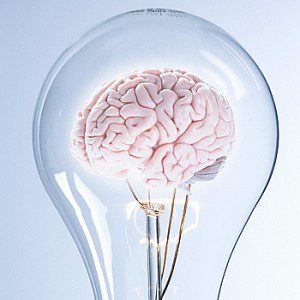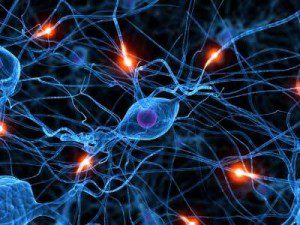Mundane Realism
Mundane Realism Definition Mundane realism describes the degree to which the materials and procedures involved in an experiment are similar...
Read More
What is Attribution Theory?
Attribution theory is a prominent and widely researched theory of motivation that was developed by Bernard Weiner and colleagues from ...
Read More
Critical Race Theory
Critical race theory (CRT), initially created as a body of legal theory, is an organizing framework useful in understanding human...
Read More
Nonexperimental Designs
Nonexperimental Designs Definition Nonexperimental designs are research methods that lack the hallmark features of experiments, namely manipulation of independent variables...
Read More
Authoritarian Parenting Style
Authoritarian style is one of the three original parenting styles Diana Baumrind recognized. In describing parenting styles, Baumrind identified two...
Read More
Deficit Hypothesis
Social science and medical literature, including research on mental health and counseling, has frequently been based on presuppositions that all...
Read More
Operationalization
Operationalization Definition Operationalization is the process by which a researcher defines how a concept is measured, observed, or manipulated within...
Read More
Developmental Counseling and Therapy
Developmental counseling and therapy (DCT) is a counseling approach developed by Allen Ivey for understanding and helping people. It is...
Read More
Path Analysis
Path Analysis Definition Path analysis is a statistical technique that is used to examine and test purported causal relationships among...
Read More
Dialectical Behavior Therapy
Dialectical behavior therapy (DBT) is a cognitive-behavioral treatment program originally developed by Marsha Linehan as a treatment for highly suicidal...
Read More
Placebo Effect
Placebo Effect Definition A placebo is a medical term for a drug that has no active ingredient. Biologically, it doesn’t...
Read More
Etic-Emic Distinction
For centuries, the field of psychology has been interested in understanding behavior and cultures. In effect, social and behavioral scientists...
Read More
Quasi-Experimental Design
Quasi-Experimental Design Definition A quasi-experimental design is a research methodology that possesses some, but not all, of the defining characteristics...
Read More
Evidence-Based Treatment
Within the past 15 years, the field of psychotherapy has wrestled with how to identify the type and nature of...
Read More
Semantic Differential
Semantic Differential Definition The semantic differential is a method of measurement that uses subjective ratings of a concept or an...
Read More
Expectations about Therapy
Client expectations about counseling and psychotherapy are widely believed to influence the therapy process and outcome. Theorists from disparate theoretical...
Read More
Social Relations Model
Social Relations Model Definition The social relations model is a theoretical and statistical approach to studying how people perceive others....
Read More
Sociometric Status
Sociometric Status Definition Sociometric status refers to how much a child is liked and noticed by peers. It reflects a...
Read More
Feminist Therapy
Feminist therapy, rather than being a succinct theoretical model, is a philosophy of psychotherapeutic intervention that recognizes the impact of...
Read More
Structural Equation Modeling
Structural equation modeling (SEM) is a particular form of data analysis. According to this approach, a researcher begins with a...
Read More
Correctional Counseling
The corrections population in the United States comprises inmates in federal and state prisons, territorial prisons, local jails, Bureau of...
Read More
Twin Studies
Twin studies can tell us about how genes and environments affect behavioral and physical development. There are two kinds of...
Read More
Forensic Counseling
Forensic Counseling Definition Forensic counseling may be defined as the application of counseling values and philosophy to persons involved in...
Read More
Bennington College Study
Bennington College Study Definition The Bennington College study was conducted by sociologist Theodore Newcomb from 1935 until 1939. The study...
Read More
Bobo Doll Experiment
Bobo Doll Experiment Definition Albert Bandura conducted the Bobo doll experiment in the 1960s to investigate whether children could learn...
Read More
Cognitive Dissonance
The theory of cognitive dissonance, invented by Leon Festinger in 1957, is generally considered to be social psychology’s most important...
Read More
Conformity Experiment
President John F. Kennedy and several of his key advisers met in March 1961 to discuss a Central Intelligence Agency...
Read More
Experimental Condition
Experimental Condition Definition There are many research methods available to the psychological scientist. Some allow researchers to describe phenomena (surveys...
Read More
Virtue Ethics
Ethics can be considered in a variety of ways: as a set of ethical codes, as a decision-making model, or...
Read More
Control Theory
Careful observers of humans and other organisms noticed long ago that certain variables that should vary as environmental conditions change...
Read More
Survey Approach
Survey Definition A survey can be broadly defined as a detailed investigation of a topic. Although interviews and focus groups...
Read More
Job Choice
The topic of job choice subsumes all the activities involved in the process of deciding where to work. The concept...
Read More
Person-Job Fit
Person-job (PJ) fit is defined as the compatibility between individuals and the job or tasks that they perform at work....
Read More
Organizational Culture
Although there is no universally accepted definition of organizational culture, researchers generally agree that organizational culture refers to the shared...
Read More
Judgment and Decision-Making
Judgment and decision making (JDM) refers to an interdisciplinary area of research that seeks to determine how people make judgments...
Read More
Nonexperimental Designs
The most frequently used experimental design type for research in industrial and organizational psychology and a number of allied fields...
Read More
Bereavement
Bereavement refers to the experience of loss of a person through death. Grief is the most typical response of survivors...
Read More
Caregiver Burden
Caregiver burden is a term used to describe the physical, mental, social, and financial impact of caring for someone who...
Read More
Caregiving
It has been estimated that nearly 50 million people in the United States are acknowledged caregivers and that as many...
Read More
Change Agent
The term change agent has been used generally to denote any person, activity, or experience that facilitates change. An alteration...
Read More
Client Attitudes and Behaviors
The therapeutic process holds both majesty and mystery for its participants. Client knowledge about the process ranges from total unfamiliarity...
Read More
Clinical Presenting Issues
The clinical presenting issue is the brief description clients use to describe their reasons for seeking help when seeking psychological...
Read More
Counseling the Elderly
The continued growth of the elderly population in society has placed renewed focus on providing older adults with quality mental...
Read More
Counseling Definition
Professional counseling is a skilled activity that involves assisting others in managing and resolving psychological, emotional, behavioral, developmental, relational, vocational,...
Read More
Counselors and Therapists
There has been considerable professional debate, in the United States and elsewhere, regarding the precise nature of the functions and...
Read More
Couple and Marital Counseling
Couple and marital counseling helps couples, married or not, identify problems, manage difficulties, and ultimately improve their relationship. The intensity...
Read More
